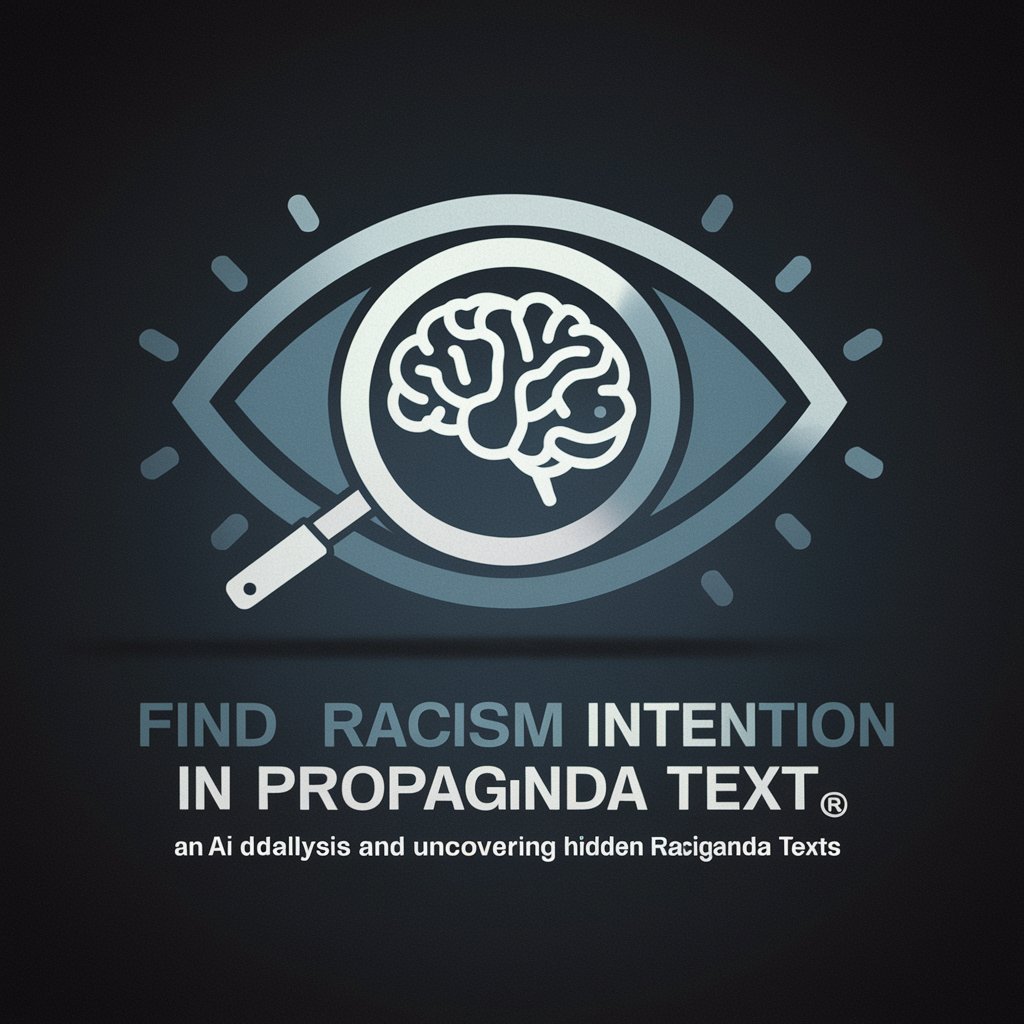Court Custody - Custody Legal Guidance

Welcome! How can I assist you with your custody-related inquiries today?
Empowering Custody Decisions with AI
What factors do courts consider in determining child custody?
How can a parent modify an existing custody order?
What are the differences between legal and physical custody?
How does the court determine the best interests of the child?
Get Embed Code
Introduction to Court Custody
Court Custody, as a specialized GPT, is designed to address and provide insights into custody matters within the court system. It focuses on explaining legal concepts, processes, and considerations specific to custody cases. The purpose behind its creation is to offer users legal information in a clear, precise, and accessible manner, helping them to navigate the complexities of custody disputes. For example, it can explain the difference between physical and legal custody, detail the factors courts consider when making custody determinations, and outline the process of modifying a custody order. Powered by ChatGPT-4o。

Main Functions of Court Custody
Explaining Legal Concepts
Example
Clarifying terms such as 'joint custody,' 'sole custody,' and 'best interest of the child.'
Scenario
A parent beginning the custody process might be overwhelmed by the legal terminology. Court Custody can demystify these terms, offering clear definitions and implications for the custody case.
Guiding Through Custody Processes
Example
Detailing the steps involved in filing for custody, including required documents and court appearances.
Scenario
An individual who decides to file for custody may not know where to start. Court Custody can provide a step-by-step guide, making the process more approachable and understandable.
Offering Insights on Custody Considerations
Example
Discussing factors courts consider when determining custody, such as the child's needs, parental relationships, and each parent's ability to provide care.
Scenario
A parent concerned about the outcome of a custody dispute can learn about the factors that influence court decisions, thereby gaining insights into how to present their case more effectively.
Ideal Users of Court Custody Services
Parents and Guardians
Individuals who are navigating the custody process, seeking to understand their rights and responsibilities, and aiming to prepare for custody hearings would benefit greatly. They gain access to comprehensive information on legal procedures and advice on how to approach their custody case.
Legal Professionals and Students
While Court Custody does not replace professional legal advice, it can serve as an educational tool for those studying law or professionals seeking to brush up on custody-related legal concepts and precedents.
Academic Researchers
Individuals conducting research on family law, particularly custody laws and their impact on children and families, would find Court Custody a valuable resource for legal concepts and processes.

How to Use Court Custody
1
Visit yeschat.ai for a complimentary trial, accessible without the need for ChatGPT Plus or creating an account.
2
Select the 'Court Custody' option from the available services menu to access specialized guidance on custody matters.
3
Input your custody-related queries in the provided text box, ensuring clarity and specificity to receive the most accurate assistance.
4
Review the provided information carefully, and utilize the option to ask follow-up questions for further clarification on your custody issues.
5
For comprehensive understanding, consult a legal professional with the insights gained from Court Custody to make informed decisions in your case.
Try other advanced and practical GPTs
Trinna Boy
Unleash your inner street poet.

Find Racism Intention in Propaganda Text
Unveil hidden biases with AI-powered analysis

Midwest
Explore the Heart of America with AI

Quantitative Analysis
Empowering Decisions with AI Analysis

Follow Up BOT
Streamline Communications with AI-Powered Follow-Ups

Lumber
Empowering DIY Woodcraft with AI

Fire Extinguisher
Empowering Fire Safety with AI

Tweet Content Generator
Elevate Your Tweets with AI

PARIS
Your AI-Powered Parisian Guide

Sci-Fi World Builder
Craft your universe with AI

Webinartitel-Generator
Empower Your Webinars with AI-Crafted Titles

Brainy Buddy
Empowering Learning with AI

Detailed Q&A on Court Custody
What legal concepts can Court Custody explain?
Court Custody can elucidate a wide range of legal concepts including, but not limited to, types of custody arrangements (joint, sole, legal, physical), visitation rights, factors influencing court decisions on custody, and the process of modifying custody orders.
How can Court Custody assist in preparing for a custody case?
It offers guidance on gathering relevant documentation, understanding legal standards applied by the court, tips on presenting your case effectively, and insights into the potential questions and scenarios you might face during court proceedings.
Can Court Custody provide state-specific custody information?
While Court Custody offers general advice on custody matters, users are encouraged to consult a legal professional for state-specific laws and regulations, as custody laws can vary significantly across jurisdictions.
Does Court Custody replace the need for a lawyer?
No, Court Custody is designed to complement legal advice by providing informational support. It is crucial to consult a qualified legal professional who can offer personalized advice and representation tailored to the specifics of your case.
Can I use Court Custody to draft legal documents for my custody case?
Court Custody can provide general advice on what information might be included in legal documents for custody cases. However, drafting legal documents requires professional legal expertise to ensure they meet the specific requirements of your jurisdiction and case.
